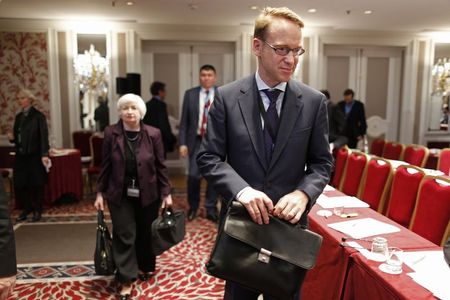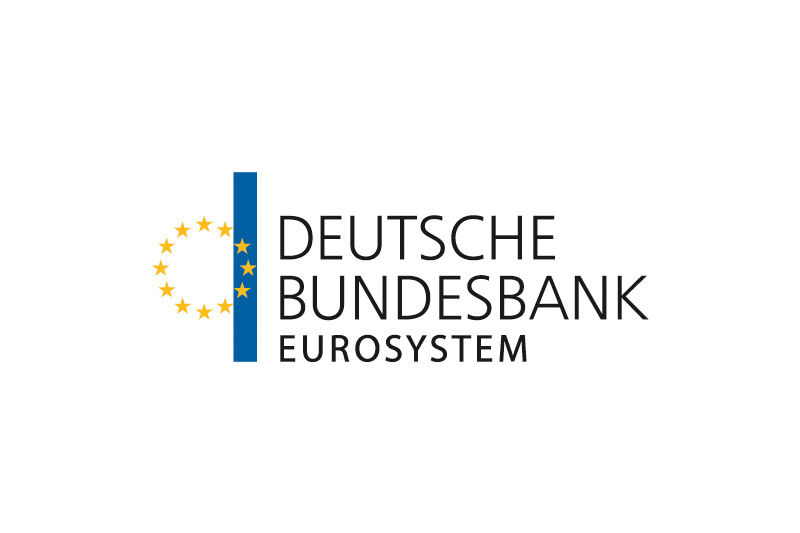By Andreas Framke
PASSAU Germany (Reuters) - The ECB would encourage euro zone states to pile up debt if it were to buy state bonds, the president of Germany's central bank has warned again, underlining resistance to such a move in the bloc's most influential country.
Speaking to an audience including local politicians and businessmen, Jens Weidmann conceded that the overall outlook for the euro zone remained weak, referring to low price inflation, and that the European Central Bank had therefore been right to take a generous stance.
"The expansionary monetary policy is fundamentally appropriate," he said. "And it is understandable that the ECB's governing council has discussed additional measures and will continue to discuss this."
But whatever measures may be taken on top of ECB schemes to give banks cheap credit and buy rebundled loans, Weidmann cautioned against any buying of government debt.
"As well as the legal limits, the buying of state bonds would create wrong incentives, in particular encouraging indebtedness of euro zone countries," he said.
Weidmann has clashed with Mario Draghi over the ECB president's plans to grow the ECB's balance sheet by giving further cheap credit to banks and buying up other debt including reparcelled loans.
Draghi recently said that the Governing Council -- all 18 euro zone central bank heads including Weidmann and a six-person executive nucleus -- unanimously backed more unconventional measures to get more money into the economy if needed.
But the Bundesbank chief is reluctant.
He has thrown cold water on Draghi's ambition to extend ECB assets to levels seen in 2012 -- equivalent to a further trillion euros ($1.24 trillion), 50 percent higher than its current size. Weidmann said this was an 'expectation' and no target.
With such deep-seated concerns at the central bank of Germany, the euro zone's largest economy and lynchpin for the currency bloc, it would be very difficult for the ECB to turn on the money printing presses to buy government bonds, a step known as quantitative easing.
Traders polled by Reuters see a 50:50 chance that this will happen.

(Reporting by Andreas Framke; Writing by John O'Donnell; Editing by Ruth Pitchford)
